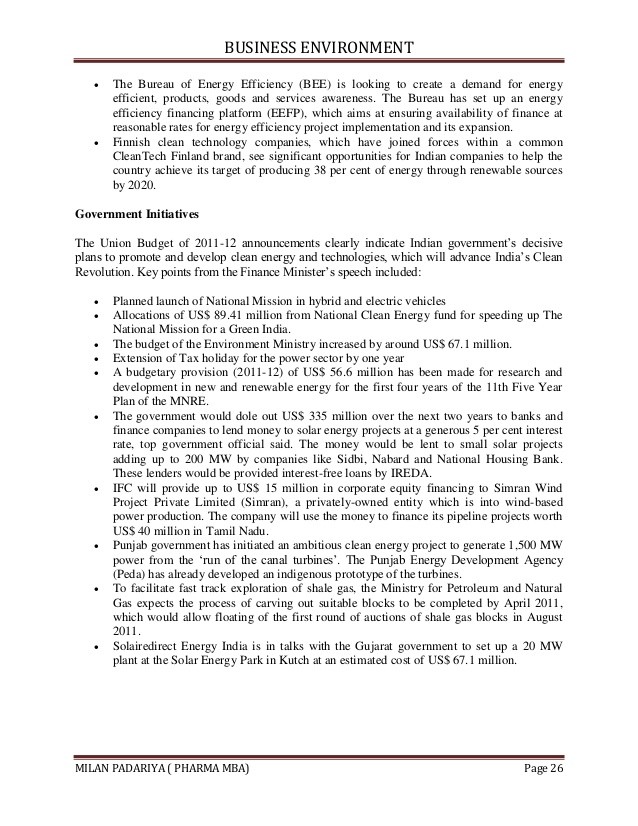The Myth of the Rational Market_1
Post on: 16 Март, 2015 No Comment

The Myth of the Rational Market class=social_button_twitter>
The Myth of the Rational Market
Share:
The Myth of the Rational Market class=social_button_twitter>

If you only read one book about the efficient markets hypothesis this year, it should unquestionably be Justin Foxs new book, The Myth of the Rational Market . Among other things, thanks to this book I now finally understand why the two different versions (strong and weak) of the efficient markets hypothesis are considered two variants of the same thing. The weak EMH says that stock market motions are unpredictable and a person without access to private information cant beat the market in a consistent way. The strong EMH says that stock market prices are in fact correct and, therefore, that liquid financial markets allocate capital perfectly. The weak version of the theory is pretty well-supported by the empirical evidence. The strong version is thought to follow from it on the theory that the reason an investor using public information cant beat the market is that the publicly available information is already factored into the price. Thus, the market price is not just random, but efficient.
The book does a great job of laying out these hypotheses and the debates that have ping-ponged back and forth over whether one or both of them is true for the past 80-100 years. For a book thats basically about the technical analysis of financial markets, its a strikingly engaging narrative, and the lay person is bound to learn a lot from it.
In some ways, however, the most interesting thing about the story is simply how little progress is actually made on this question over the years. Economists tools seem to get more sophisticated, but the debate stays in more-or-less the same place. The strong EMH certainly doesnt seem true—market history is full of crashes and bubbles. But the EMH is a nice, solid totalizing theory that can serve as the basis of a research program. By contrast, while you can poke tons of holes in strong EMH, you cant really produce an alternative totalizing theory. Such a theory would, after all, violate weak EMH. And if you had such a theory, you would use it to make money and in doing so restore the market to equilibrium. But then you circle back round to the fact that the market exhibits all these huge irrational swings. This, in turn, seems to me to come back round to chapter twelve of Keynes General Theory . But apparently economists are uncomfortable with those ideas because theyre not mathed-up properly.














